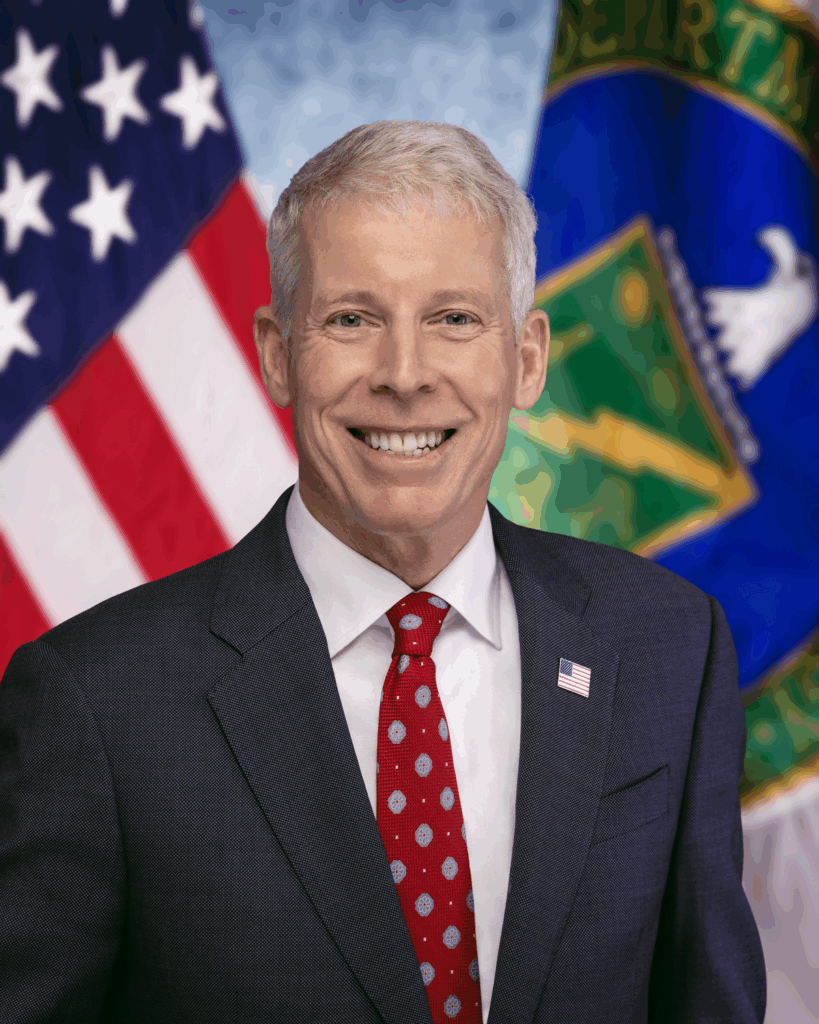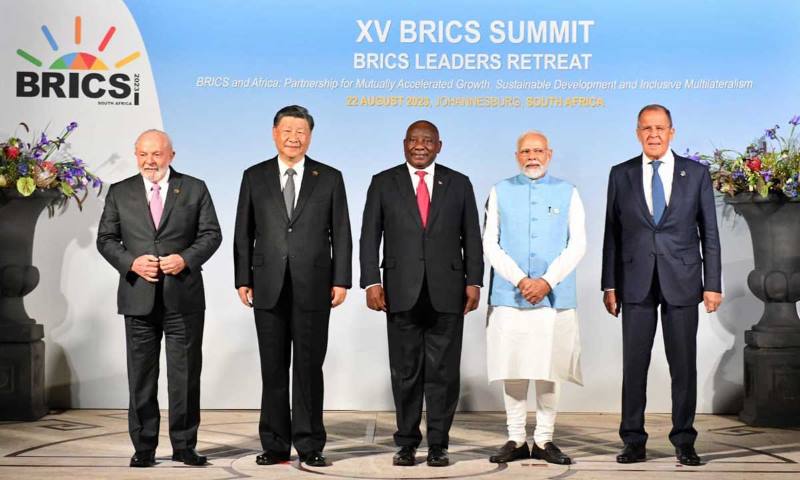Soon after welcoming new members, the BRICS alliance faces growing internal disunity. During a two-day summit in Rio de Janeiro, foreign ministers failed to agree on a joint communiqué, exposing tensions over key reforms in global governance.
Egypt and Ethiopia Reject Support for South Africa at the UN
According to a statement issued by Brazil, Egypt and Ethiopia—new members of the bloc—opposed BRICS backing South Africa’s bid for a permanent seat on the UN Security Council. At the 2023 Johannesburg summit, it was agreed to support Brazil, India, and South Africa as representatives of the Global South in that body.
Brazil Seeks Consensus Before July Summit
Despite the current disagreement, Brazilian Foreign Minister Mauro Vieira stated that the group is still working to overcome its differences and could reach a consensus before the upcoming leaders’ summit in July.
A Larger Block, but Still Lacking Strategic Cohesion
Divisions overshadow BRICS’ ambitions to consolidate itself as an alternative to traditional international institutions. Although the alliance represents nearly half of the world’s population and about 40% of global GDP, its goals remain misaligned.
Global Reforms as a Historic Unifying Point
Historically, the shared goal of reforming multilateral organizations to give more prominence to developing countries has united BRICS. However, even before its expansion, differences between members were evident.

U.S. Urges Central and Eastern Europe to Prioritize Energy Independence Over Net-Zero Approach
At the Three Seas Business Forum held on Monday in Warsaw, U.S. Secretary of Energy, Chris Wright…
Trump’s Return Reshapes the International Landscape
Donald Trump’s return to the White House in January further altered the global order. His isolationist policies—such as withdrawing the U.S. from the Paris Agreement and the WHO, in addition to trade wars—have weakened multilateralism, which BRICS sees as an opportunity to fill that void.
Trade Unity Against U.S. Protectionism
In contrast to their political divisions, ministers did reach a consensus on trade matters. They rejected protectionist practices and unilateral tariffs, calling for the strengthening of the multilateral trading system. Although the U.S. was not directly mentioned, China used the summit as a platform to oppose Trump’s trade policies.


